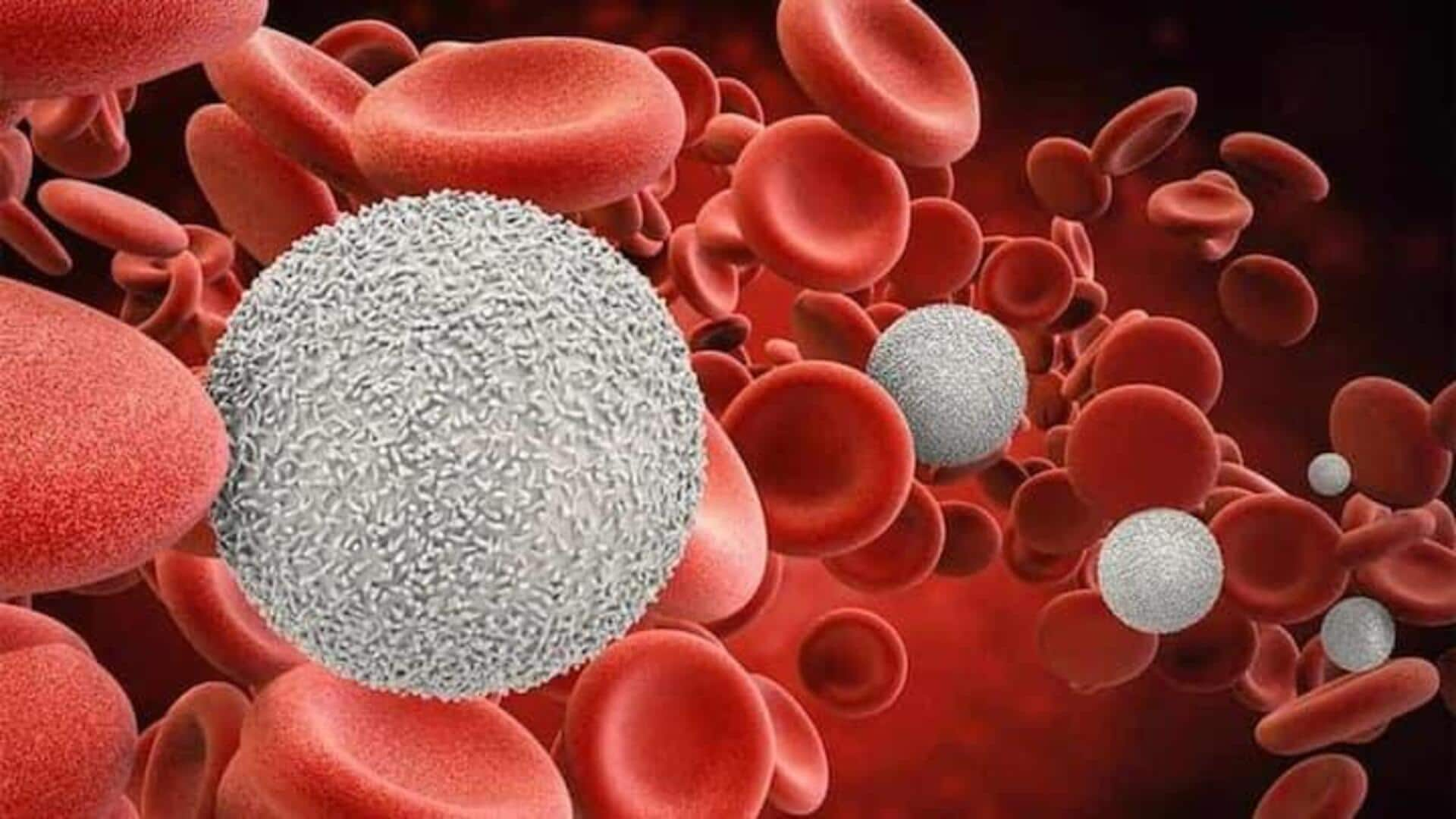
Mouth bacteria found to 'melt' certain cancers in revolutionary discovery
What's the story
Researchers at Guy's and St Thomas's and King's College London have discovered that fusobacterium, a common type of mouth bacteria, can kill certain cancers. The study revealed that patients with head and neck cancers containing this bacteria within their cancer showed significantly improved outcomes. "When you find these bacteria within head and neck cancers, they have much better outcomes," said Dr. Miguel Reis Ferreira, the study's senior author. The team is now investigating the exact biological mechanisms behind this phenomenon.
Lab results
Fusobacterium shows promise in laboratory studies
The research involved studying the effect of fusobacterium on cancerous cells in a laboratory and analyzing data from 155 patients with head and neck cancer. In the lab studies, quantities of fusobacterium were placed in petri dishes with cancer cells. After a few days, the researchers observed that the cancer had almost disappeared. The team found a 70%-99% reduction in viable cancer cells after being infected with fusobacterium.
Patient data
Fusobacterium presence linked to better survival odds
Analysis of patient data revealed that those with fusobacterium within their cancer had better survival odds compared to those who did not. The presence of fusobacterium in head and neck cancers was associated with a 65% reduction in risk of death. "We had a eureka moment when we found that our international colleagues also found data that validated the discovery," said Dr. Anjali Chander, the lead author of the study.
Future implications
Findings could guide future cancer treatments
The researchers believe these findings could guide treatment for patients with head and neck cancer in the future. Initially, they had expected fusobacterium to encourage these cancers to grow or make them more resistant to radiotherapy. However, Dr. Ferreira noted that "at the end of a few days it just destroys the cancer completely." Barbara Kasumu, executive director of Guy's Cancer Charity, expressed pride in supporting this groundbreaking research aimed at enhancing understanding of head and neck cancer.